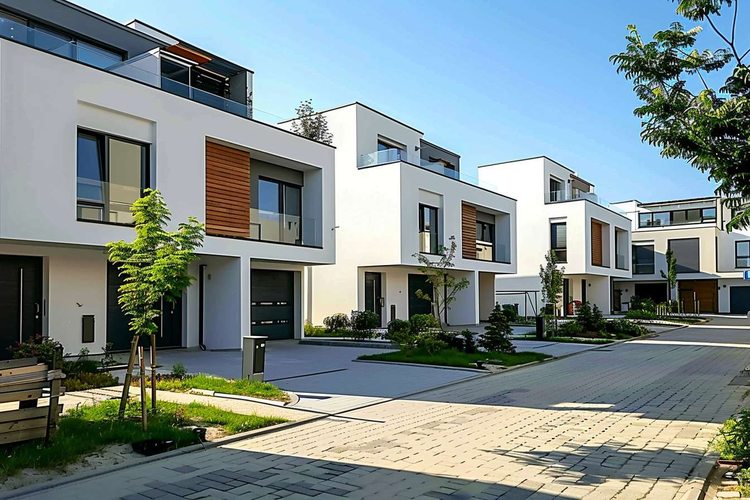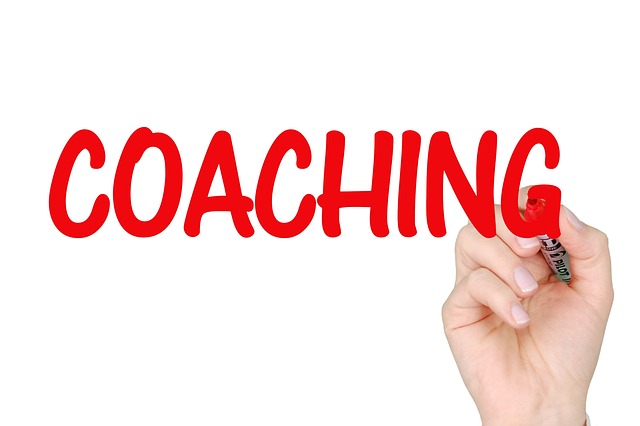Selling Your House: A Comprehensive Guide to Navigating the Real Estate Market
The decision to sell your house is a significant one, often accompanied by a mix of emotions and practical considerations. Whether you're upgrading, downsizing, or relocating, understanding the process of selling your home can make the journey smoother and more successful. This guide will walk you through the essential steps and considerations when putting your property on the market.

Consider making minor repairs and improvements that can significantly impact your home’s appeal. This might include fixing leaky faucets, patching holes in walls, or applying a fresh coat of neutral-colored paint. Curb appeal is also vital, so don’t neglect your home’s exterior. Trim bushes, mow the lawn, and consider adding some colorful plants to create an inviting first impression.
What factors affect my property’s value?
Several factors influence your property’s value in the real estate market. Location is often the most significant determinant, with proximity to good schools, amenities, and transportation links typically boosting a home’s worth. The overall condition of your property, including any recent renovations or upgrades, can also significantly impact its value.
Market conditions play a crucial role. In a seller’s market, where demand outpaces supply, you may be able to command a higher price. Conversely, in a buyer’s market, you might need to be more competitive with your pricing. The size of your property, both in terms of square footage and lot size, will affect its value, as will unique features like a pool, a large garage, or energy-efficient upgrades.
How do I choose the right real estate agent?
Selecting the right real estate agent can make a substantial difference in your selling experience. Look for an agent with extensive knowledge of your local market and a proven track record of successful sales. Ask for referrals from friends or family, and interview several agents before making your decision.
A good agent should provide a comprehensive marketing strategy for your property, including professional photography, virtual tours, and targeted online advertising. They should also be able to give you an accurate estimate of your home’s value based on recent comparable sales in your area.
Communication is key, so choose an agent who is responsive and keeps you informed throughout the process. Don’t be afraid to ask about their commission structure and what services are included in their fee.
What is the best time to sell my home?
The ideal time to sell your home can vary depending on your local market conditions and personal circumstances. However, some general trends can guide your decision. Spring is traditionally considered the best season for selling, as many buyers prefer to move during the summer when children are out of school.
That said, selling in the off-season can have advantages too. There’s often less competition from other sellers, and buyers looking during these times may be more motivated to purchase quickly. Ultimately, the best time to sell is when you’re financially and emotionally ready, and when your local market conditions are favorable.
How do I price my house competitively?
Pricing your house correctly from the start is crucial for a successful sale. Overpricing can lead to your property sitting on the market for an extended period, potentially becoming stigmatized. On the other hand, underpricing might result in leaving money on the table.
Your real estate agent should provide a Comparative Market Analysis (CMA), which looks at recent sales of similar properties in your area. This will give you a good baseline for pricing. Consider any unique features or improvements that might set your home apart. Be prepared to adjust your price if you’re not getting sufficient interest or offers within the first few weeks on the market.
What are the costs associated with selling a house?
When selling your house, it’s important to be aware of the various costs involved. These can significantly impact your net proceeds from the sale. Here’s a breakdown of typical expenses:
| Expense | Typical Cost Range | Notes |
|---|---|---|
| Real Estate Agent Commission | 5-6% of sale price | Split between listing and buyer’s agents |
| Home Repairs and Improvements | $2,000 - $20,000+ | Varies widely based on home condition |
| Staging Costs | $400 - $1,500 | Optional but can increase sale price |
| Professional Photography | $150 - $300 | Essential for marketing |
| Closing Costs | 1-3% of sale price | Includes title fees, transfer taxes, etc. |
| Moving Expenses | $1,000 - $5,000+ | Depends on distance and volume |
Prices, rates, or cost estimates mentioned in this article are based on the latest available information but may change over time. Independent research is advised before making financial decisions.
It’s essential to factor these costs into your calculations when determining your potential profit from the sale. Some sellers choose to offer buyer incentives, such as covering closing costs, which can make your property more attractive in a competitive market but will also affect your bottom line.
Selling your house is a significant financial and emotional undertaking. By understanding the process, preparing your property effectively, choosing the right professional help, and pricing competitively, you can navigate the real estate market with confidence. Remember that every property and market is unique, so while these guidelines provide a solid foundation, it’s crucial to tailor your approach to your specific circumstances and local conditions.






